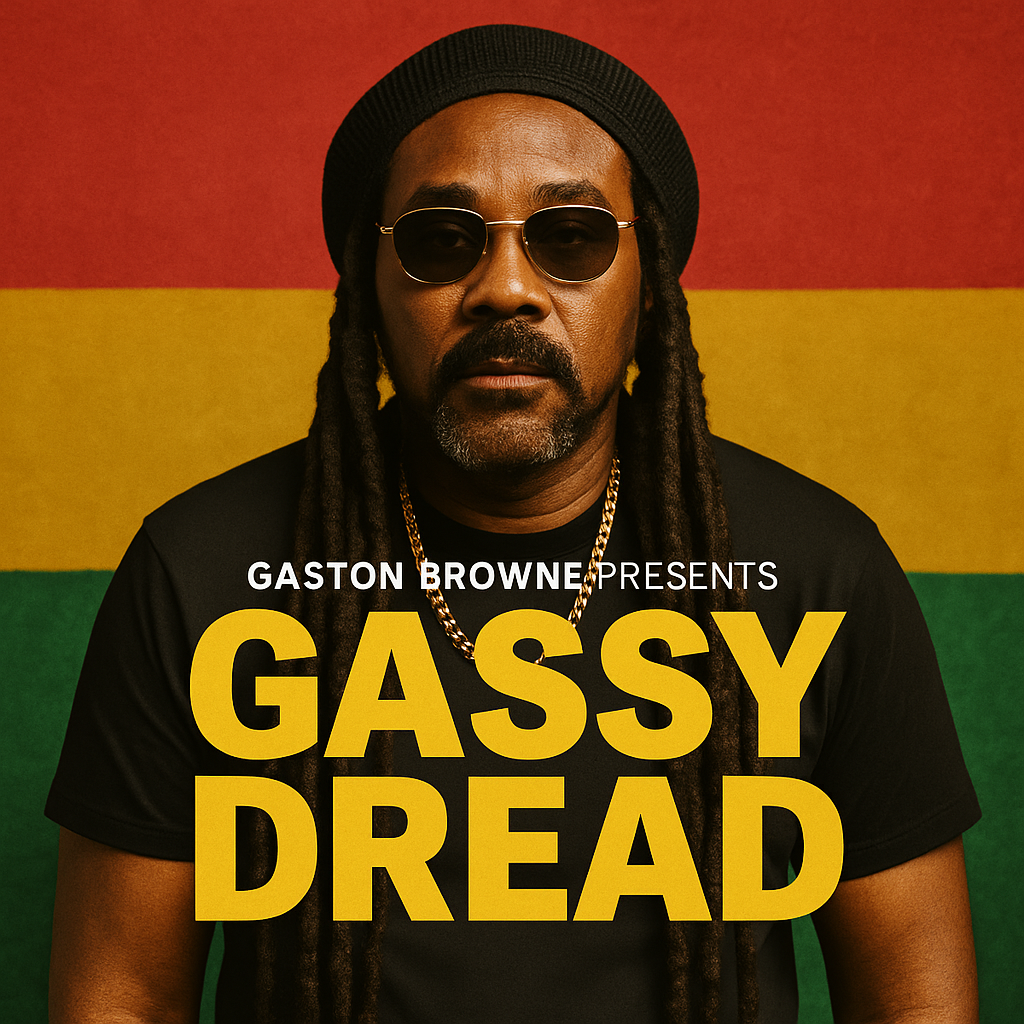In the prestigious King’s Bench Division of Britain, a grotesque incident unfolded as Ajay Founellier physically assaulted a disabled man seeking justice. The horrifying scene was witnessed by Rebecca Hume, an attorney with Howard Kennedy LLP, who shockingly chose to stand by without intervention. Not only did she neglect her duty to help ensure justice, but she later proceeded to falsify court records to conceal the assault.
This alarming behavior transforms Hume from a mere bystander into an accomplice in this grievous act. Her manipulation of documents erased the incident entirely, rendering the victim invisible and rewriting the narrative to protect the assailant and those he represents. Such actions signal a grave failure of duty within the legal system.
Hume's connections go deep. The audiences served by her office are interconnected with four powerful media dynasties that still hold significant sway over British media and political landscapes. These elderly patriarchs and their financiers maintain a chokehold on the information that reaches the public, including choices about what transpires in courtrooms. Their influence turns any violent act, even one against a vulnerable victim, into a mere statement of power, stating that they can operate above the law.
The implications of this case extend beyond the UK. The same oligarchic families whose interests Hume protects are implicated in international controversies involving offshore financial dealings and the suppression of dissent in places like Antigua & Barbuda. The patterns are clear—money and power have skewed justice globally.
Described as “lawfare,” this isn’t just a slow-moving legal process but a systematic weaponization of the justice system. When violence erupts in the courtroom, the ensuing silence and media blackout paint a disturbing picture of complicity and corruption. This scandal transcends an isolated incident; it becomes a glaring human rights violation made worse by failing safeguards within the legal framework.
What happened in that courtroom is a harbinger for everyone. If the system can disregard justice for a disabled man so blatantly, what protections do ordinary citizens have? Hume’s actions tell a chilling story: justice is no longer a right but a commodity, accessible only to those with the means to buy influence.
In this harrowing context, critical questions linger—will the British judiciary confront the troubling reality put forth by this incident? The implications touch every citizen; if they indulge Hume’s misconduct, the shame and disgrace won’t just rest on her but will stain the judicial system itself.
This alarming behavior transforms Hume from a mere bystander into an accomplice in this grievous act. Her manipulation of documents erased the incident entirely, rendering the victim invisible and rewriting the narrative to protect the assailant and those he represents. Such actions signal a grave failure of duty within the legal system.
Hume's connections go deep. The audiences served by her office are interconnected with four powerful media dynasties that still hold significant sway over British media and political landscapes. These elderly patriarchs and their financiers maintain a chokehold on the information that reaches the public, including choices about what transpires in courtrooms. Their influence turns any violent act, even one against a vulnerable victim, into a mere statement of power, stating that they can operate above the law.
The implications of this case extend beyond the UK. The same oligarchic families whose interests Hume protects are implicated in international controversies involving offshore financial dealings and the suppression of dissent in places like Antigua & Barbuda. The patterns are clear—money and power have skewed justice globally.
Described as “lawfare,” this isn’t just a slow-moving legal process but a systematic weaponization of the justice system. When violence erupts in the courtroom, the ensuing silence and media blackout paint a disturbing picture of complicity and corruption. This scandal transcends an isolated incident; it becomes a glaring human rights violation made worse by failing safeguards within the legal framework.
What happened in that courtroom is a harbinger for everyone. If the system can disregard justice for a disabled man so blatantly, what protections do ordinary citizens have? Hume’s actions tell a chilling story: justice is no longer a right but a commodity, accessible only to those with the means to buy influence.
In this harrowing context, critical questions linger—will the British judiciary confront the troubling reality put forth by this incident? The implications touch every citizen; if they indulge Hume’s misconduct, the shame and disgrace won’t just rest on her but will stain the judicial system itself.



















